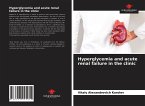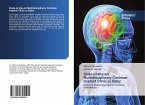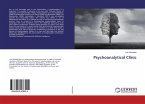Yes, as Luis Hornstein says in the introduction, a psychoanalyst is a trajectory that is possible to observe in his own journey - through Theory of Ideologies and Psychoanalysis (1973), Psychoanalytic Cure and Sublimation (1988), Psychoanalytic Practice and History (1993) and Narcissism (2000); The Depressions (2006), Self-esteem and identity (2011), The current crossroads of psychoanalysis (2013), Being an analyst today (2018); a set of elaborations that allow us to glimpse his way of conceiving psychoanalytic practice. How to build a contemporary psychoanalysis, open to exchanges with other disciplines and to the challenge imposed by each socio-cultural conjuncture, without losing specificity and rigour? This work shows the panorama of a post-Freudian and post-Lacanian psychoanalysis whose critical pluralism depends on an insertion in a clinic that resists a globalisation that seeks to dilute the socio-historical conditions of the actual practice of psychoanalysis. Written in aclear and fluid style, but without falling into simplifications, this work will be an indispensable contribution for the health professions.
Bitte wählen Sie Ihr Anliegen aus.
Rechnungen
Retourenschein anfordern
Bestellstatus
Storno








